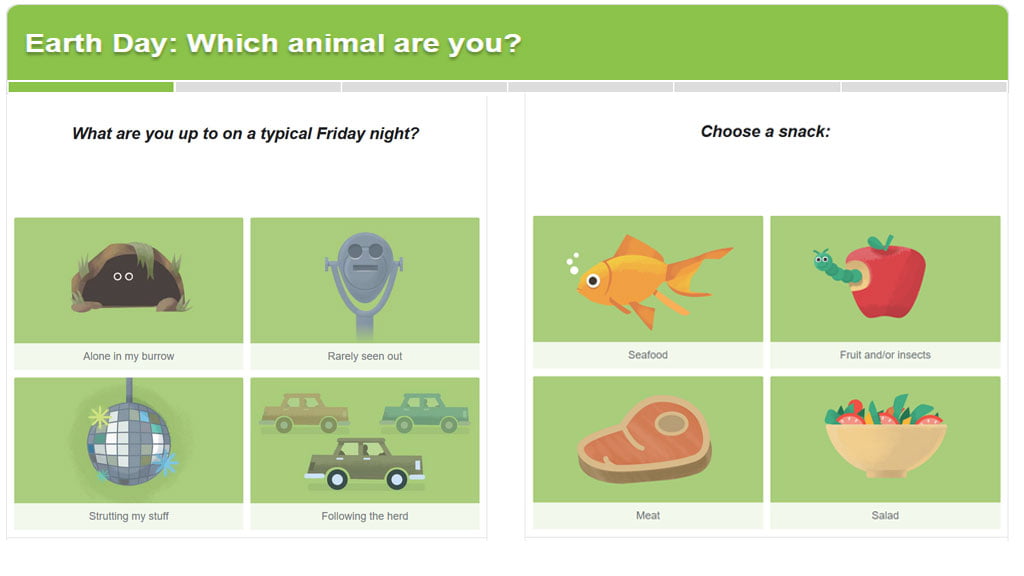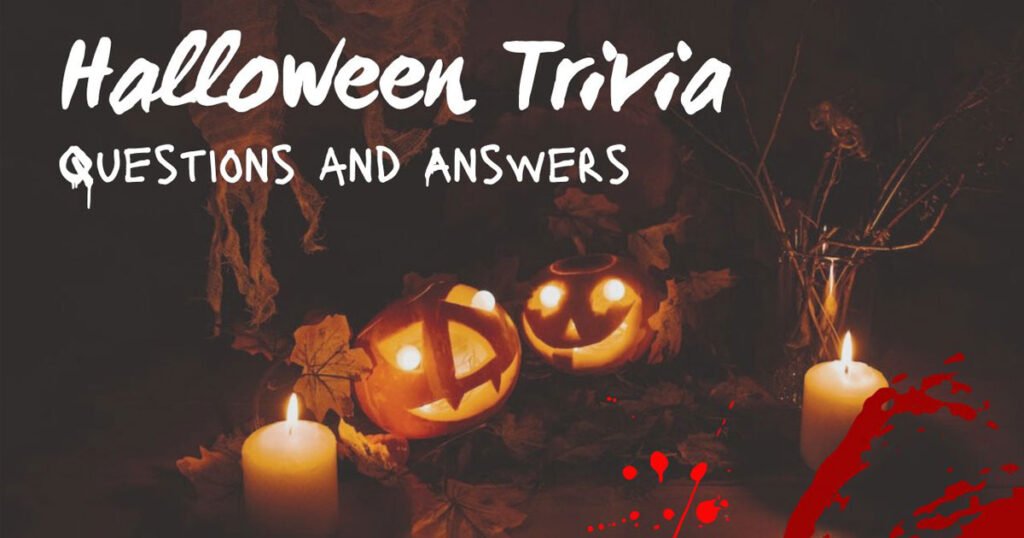Heart trivia questions are engaging quizzes that test your knowledge about the human heart, its anatomy, function, health, and interesting facts, combining science and fun in one.
Introduction: The Importance of Heart Trivia
The human heart is one of the most vital organs in the body. Beyond its symbolic meaning of love and emotion, it is a complex organ responsible for pumping blood, delivering oxygen, and maintaining life. Learning about the heart through trivia questions can be both educational and entertaining, helping people of all ages understand its functions, diseases, and interesting facts.
Heart trivia questions are popular in classrooms, medical studies, and casual quizzes. They combine science, history, and fun facts about this amazing organ. Through trivia, people can improve their awareness about cardiovascular health, discover fascinating facts about human biology, and even learn how the heart works in everyday life.
The Anatomy of the Heart
Understanding heart anatomy is essential for creating informative trivia questions. The heart is a muscular organ divided into four chambers: two atria and two ventricles.
| Chamber | Function |
|---|---|
| Right Atrium | Receives deoxygenated blood from the body |
| Right Ventricle | Pumps blood to the lungs for oxygenation |
| Left Atrium | Receives oxygenated blood from the lungs |
| Left Ventricle | Pumps oxygenated blood to the rest of the body |
Other important structures include the valves (tricuspid, mitral, pulmonary, aortic), septum, and coronary arteries.
Trivia questions can focus on these structures, their functions, and the heart’s overall role in the circulatory system.
Heart Trivia Questions And Answers

Basic Human Heart Anatomy
Explore the structure and function of the human heart. Great for beginners learning about how this vital organ works.
Q: What is the primary function of the human heart?
A: To pump blood throughout the body.
Q: How many chambers does the human heart have?
A: Four chambers.
Q: What are the names of the lower chambers of the heart?
A: Right ventricle and left ventricle.
Q: What are the names of the upper chambers of the heart?
A: Right atrium and left atrium.
Q: What separates the left and right sides of the heart?
A: The septum.
Q: What is the name of the valve between the left atrium and left ventricle?
A: The mitral valve.
Q: Which chamber of the heart receives oxygen-poor blood from the body?
A: The right atrium.
Q: Which chamber pumps oxygen-rich blood to the body?
A: The left ventricle.
Q: What blood vessels carry blood away from the heart?
A: Arteries.
Q: What blood vessels carry blood back to the heart?
A: Veins.
💓 Heart Diseases and Conditions
Test your knowledge on common heart-related conditions, symptoms, and medical terms.
Q: What is the medical term for a heart attack?
A: Myocardial infarction.
Q: What is the leading cause of heart attacks?
A: Coronary artery disease.
Q: What is the condition called when the heart beats irregularly?
A: Arrhythmia.
Q: What is high blood pressure medically known as?
A: Hypertension.
Q: What condition occurs when the heart cannot pump enough blood?
A: Heart failure.
Q: What is the narrowing of the heart’s arteries called?
A: Atherosclerosis.
Q: What is a common symptom of angina?
A: Chest pain.
Q: Which test is commonly used to diagnose heart disease?
A: Electrocardiogram (ECG or EKG).
Q: What is the name for a slow heart rate?
A: Bradycardia.
Q: Which type of cholesterol is known as “bad” cholesterol?
A: LDL (Low-Density Lipoprotein).
🧬 Heart and Circulatory System
Delve into how the heart interacts with the circulatory system and keeps the body functioning.
Q: What is the main function of the circulatory system?
A: To transport blood, oxygen, and nutrients throughout the body.
Q: What organ works with the heart to oxygenate blood?
A: The lungs.
Q: What part of the heart pumps oxygen-poor blood to the lungs?
A: The right ventricle.
Q: What vessel carries oxygenated blood from the lungs to the heart?
A: Pulmonary vein.
Q: What is the largest artery in the human body?
A: The aorta.
Q: What type of blood do pulmonary arteries carry?
A: Oxygen-poor blood.
Q: What type of blood do pulmonary veins carry?
A: Oxygen-rich blood.
Q: What small vessels connect arteries to veins?
A: Capillaries.
Q: What force drives blood through the circulatory system?
A: Blood pressure.
Q: What is the liquid component of blood called?
A: Plasma.
🩺 Heart Health and Lifestyle
Understand how diet, exercise, and habits affect heart health.
Q: What type of exercise is best for strengthening the heart?
A: Aerobic exercise.
Q: Which vitamin is often recommended for heart health?
A: Vitamin D.
Q: What kind of fat is worst for heart health?
A: Trans fats.
Q: Which mineral helps regulate blood pressure?
A: Potassium.
Q: What is the recommended daily limit of sodium for heart health?
A: Less than 2,300 mg.
Q: How many minutes of moderate exercise are recommended weekly for heart health?
A: At least 150 minutes.
Q: What effect does smoking have on the heart?
A: It increases the risk of heart disease.
Q: What is a heart-healthy cooking oil?
A: Olive oil.
Q: What kind of diet is known to be heart-friendly?
A: Mediterranean diet.
Q: Which type of cholesterol is considered “good”?
A: HDL (High-Density Lipoprotein).
🧠 Heart in History and Culture
Explore the heart as a symbol and how it has been seen throughout history and in cultures.
Q: In ancient Egypt, what organ was weighed to determine a soul’s fate?
A: The heart.
Q: What Greek philosopher believed the heart was the center of thought?
A: Aristotle.
Q: In Roman culture, the heart was believed to be the seat of what?
A: Emotion.
Q: In the Middle Ages, which shape became associated with the heart?
A: The heart symbol (♥️).
Q: Who was the first to describe the circulation of blood?
A: William Harvey.
Q: What does the red heart emoji commonly symbolize?
A: Love.
Q: In what century did the heart symbol become associated with Valentine’s Day?
A: 14th century.
Q: What religion associates the Sacred Heart with Jesus Christ?
A: Christianity.
Q: What color is often used to represent heart health awareness?
A: Red.
Q: What is the name of the day devoted to heart health globally?
A: World Heart Day.
🧪 Heart Science and Technology
Discover the scientific and technological advancements related to heart care and research.
Q: What machine is used to record the electrical activity of the heart?
A: Electrocardiogram (ECG/EKG).
Q: What device is implanted to regulate abnormal heart rhythms?
A: Pacemaker.
Q: What is the name of the device that delivers shocks to restart a stopped heart?
A: Defibrillator.
Q: What artificial device can temporarily replace heart function?
A: Heart-lung machine.
Q: What is the term for surgical replacement of a blocked artery?
A: Coronary bypass.
Q: What test uses sound waves to create images of the heart?
A: Echocardiogram.
Q: What is a stent used for?
A: To keep arteries open.
Q: What type of doctor specializes in the heart?
A: Cardiologist.
Q: What is the name of the blood test that checks for heart muscle damage?
A: Troponin test.
Q: What is the process of heart transplantation called?
A: Cardiac transplant.
📚 Fun Heart Facts
Entertaining and surprising facts about the heart you may not know!
Q: How many times does the average heart beat per day?
A: About 100,000 times.
Q: What is the average heart rate for a healthy adult at rest?
A: 60 to 100 beats per minute.
Q: How much blood does the heart pump each minute?
A: About 5 liters.
Q: Which side of the chest is the heart mostly located on?
A: Left side.
Q: What is the size of an average adult heart?
A: About the size of a fist.
Q: Can the heart beat outside the body if supplied with oxygen?
A: Yes.
Q: Which gender tends to have a faster resting heart rate?
A: Women.
Q: Does laughter benefit the heart?
A: Yes, it reduces stress and improves circulation.
Q: Can your heart skip a beat due to emotions?
A: Yes.
Q: What’s the heaviest human heart ever recorded?
A: About 1.8 kg (4 pounds).
🧍 Comparative Hearts (Animals vs. Humans)
Learn about how different creatures’ hearts compare to the human heart.
Q: Which animal has the largest heart on Earth?
A: Blue whale.
Q: How many hearts does an octopus have?
A: Three.
Q: What animal has the fastest heart rate?
A: Etruscan shrew.
Q: Which animal has the slowest heartbeat?
A: Blue whale.
Q: What color is the blood of an octopus?
A: Blue.
Q: Do insects have hearts?
A: Yes, but they are very different from human hearts.
Q: Which animal can survive without a heart for a short time?
A: Cockroach.
Q: How many chambers does a frog’s heart have?
A: Three chambers.
Q: Which bird has a heart that can beat over 1,200 times per minute?
A: Hummingbird.
Q: What unique feature does a giraffe’s heart have?
A: It is extremely powerful to pump blood to its brain.
🎨 Heart in Art, Music & Literature
Explore how the heart has inspired creative works throughout time.
Q: What famous artist painted “The Sacred Heart of Jesus”?
A: Pompeo Batoni.
Q: Which pop singer released the song “Open Your Heart”?
A: Madonna.
Q: What novel by Edgar Allan Poe features a beating heart?
A: The Tell-Tale Heart.
Q: What band had a hit song titled “Kickstart My Heart”?
A: Mötley Crüe.
Q: Which musical uses the line “You’ll be in my heart”?
A: Tarzan (Disney).
Q: What is the name of the Shakespeare play that mentions “heart of gold”?
A: Henry V.
Q: What poem ends with “I carry your heart with me (I carry it in my heart)”?
A: “i carry your heart with me” by E. E. Cummings.
Q: Who painted the “Heart” series of artworks?
A: Jim Dine.
Q: What is the term for a heartfelt, emotional song?
A: Ballad.
Q: Which iconic book describes a “brave heart” leading soldiers?
A: “Braveheart” (based on William Wallace).
🌍 Heart Around the World
Explore how the heart is understood, treated, and celebrated globally.
Q: What country celebrates World Heart Day most prominently?
A: All WHO member countries, especially India and China.
Q: In which country is February declared as American Heart Month?
A: United States.
Q: What Asian country leads in heart transplant surgeries?
A: India.
Q: In Japan, what body part is associated with emotion more than the heart?
A: Stomach.
Q: Which African country has a traditional “Heart of the World” myth?
A: Cameroon.
Q: What Latin American country uses “corazón” frequently in music and poetry?
A: Mexico.
Q: What is the term for heart in French?
A: Cœur.
Q: What flower is commonly associated with the heart in Chinese symbolism?
A: Peony.
Q: In which European country was the first artificial heart transplant done?
A: France.
Q: Which country has a famous “Heart of Jesus” pilgrimage site?
A: Portugal (Fatima).
Q: What global day is celebrated on September 29?
A: World Heart Day.
FAQs About Heart Trivia Questions And Answers
1. What are heart trivia questions?
Heart trivia questions are quizzes that test knowledge about the human heart, its anatomy, function, health, and interesting facts.
2. Can heart trivia be used for educational purposes?
Yes, they are widely used in schools, medical studies, and public awareness campaigns.
3. How can heart trivia promote health awareness?
By teaching participants about cardiovascular health, risk factors, and lifestyle tips to keep the heart healthy.
4. Are heart trivia questions suitable for kids?
Yes, age-appropriate questions about anatomy, fun facts, and culture make learning engaging.
5. What topics are commonly covered in heart trivia?
Anatomy, circulation, diseases, health, symbolism, historical events, and fun facts.
6. Can trivia improve heart health awareness?
Absolutely. Trivia can make learning about healthy habits, exercise, and nutrition more engaging.
7. Where can I find heart trivia quizzes?
Websites like Heart.org and educational platforms offer heart-themed quizzes and resources.
Conclusion: The Fascinating World of Heart Trivia
Heart trivia questions combine science, health, culture, and history in an engaging way. From anatomy and physiology to medical breakthroughs and cultural symbolism, the heart remains one of the most fascinating organs. Trivia provides an opportunity to learn, test knowledge, and spark curiosity about cardiovascular health, historical achievements, and fun facts.
Engaging with heart trivia encourages lifelong learning, raises awareness about heart health, and entertains audiences of all ages. Whether for educational purposes, quiz nights, or personal knowledge, heart trivia offers a unique blend of fun and education.



